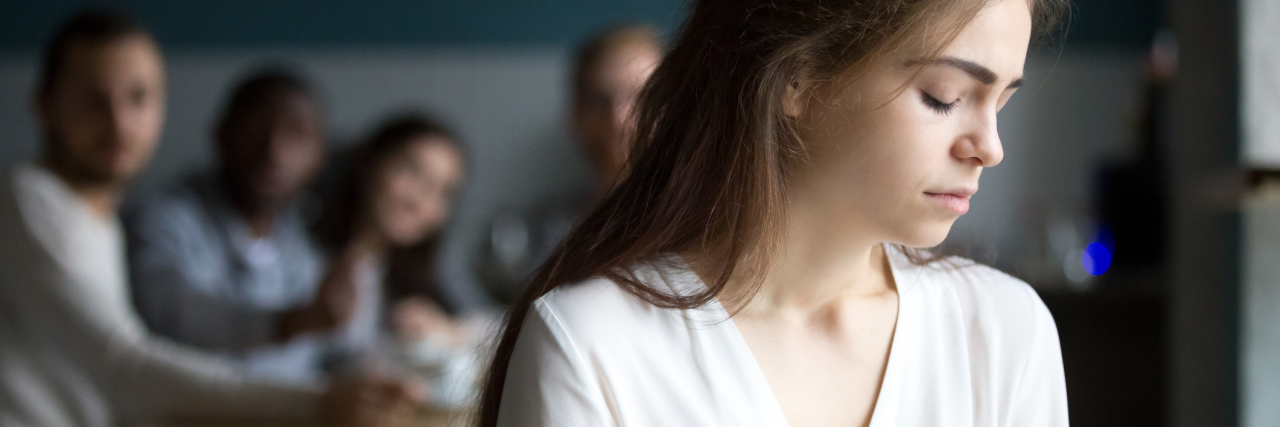Last week, I walked out of an MLS soccer game with my friends and headed for a bar. The entire afternoon, they’d been drinking beer and cider while I’d been drinking soda and water. No one had seemed to care, and I was grateful for that. But this time, as the waitress came to take our drink orders, one of my friends looked at me and yelled, “I saw you drinking that Diet Coke nonsense earlier! Don’t be a quitter!” The whole group chuckled with laughter and one roared, “Oooh, called out!”
I wanted to ask why they cared. I wanted to ask why not drinking was synonymous with being a quitter, a loser. I wanted to tell them what makes me feel like I’ve lost is not drinking, but the events that brought it about. That while my sobriety is a choice, joining their world of blissful tipsiness is a privilege that’s been taken from me. But instead, I stayed silent. It is easier to allow people to think I’m uptight than to tell a group of joyfully tipsy 20-somethings I care about a truth I never owed them in the first place: I don’t drink because I have post-traumatic stress disorder (PTSD).
In the months after my trauma, I experienced such extreme grief, terror and loneliness that I didn’t know if I’d survive. While my symptoms are miles better now, they are still really hard. Drinking is a trigger; it can spiral me into relentlessly re-living the worst moments of my life over and over until I throw up or can’t breathe and wish I could disappear so I’d never have to feel again. It’s not every single time I drink, but it’s frequent enough so I have no desire to test it.
These offhand comments about my drinking habits that seem to arise each time I go out to a bar make me feel isolated with a mental illness already hallmarked by social withdrawal. The very fact I was out with friends — even that I have friends — is a victory for me, and one that was hard-won. But that night, my friends’ comments and laughter led me to the women’s restroom where I sat in a stall and tried not to cry while telling myself over and over, “Your sobriety is not a ‘weakness.’ It is a testament to your courage for learning to live with events that tried to destroy you. They just don’t know.” While I truly believe this, my friends’ jokes still hurt. They still made me feel alone.
So here is what I’m asking you: Please don’t call people out for not drinking. While I know my friends’ banter was meant to be lighthearted, it did much more damage than they ever intended. Their comments assumed that my reason for not drinking was as carefree as their jokes. The truth was, they didn’t have a clue that their very words cut across the worst moments of my life and my seemingly relentless struggle to live with them.
There are a hundred reasons people choose not to drink. This is mine.
Getty image via fizkes.

